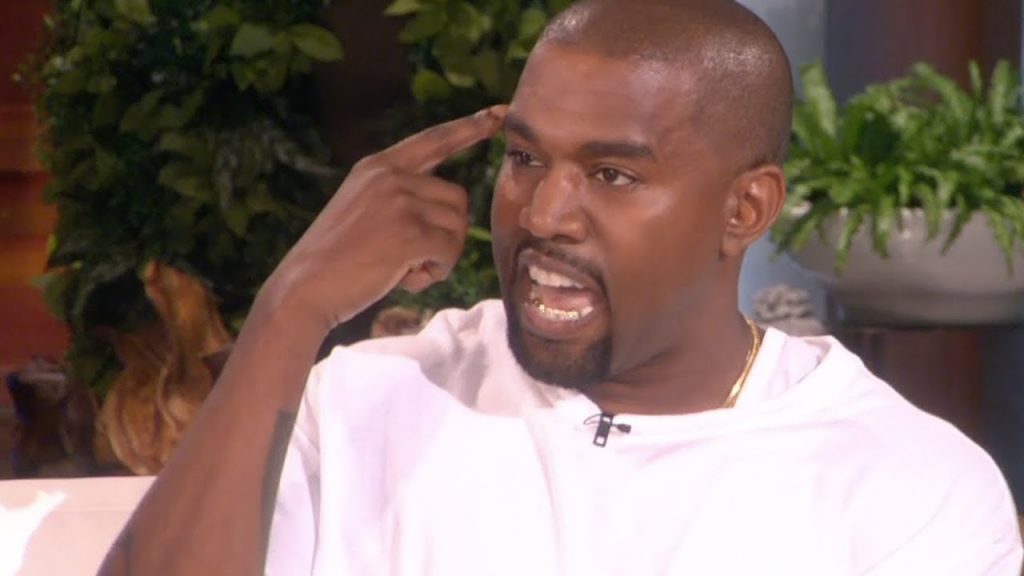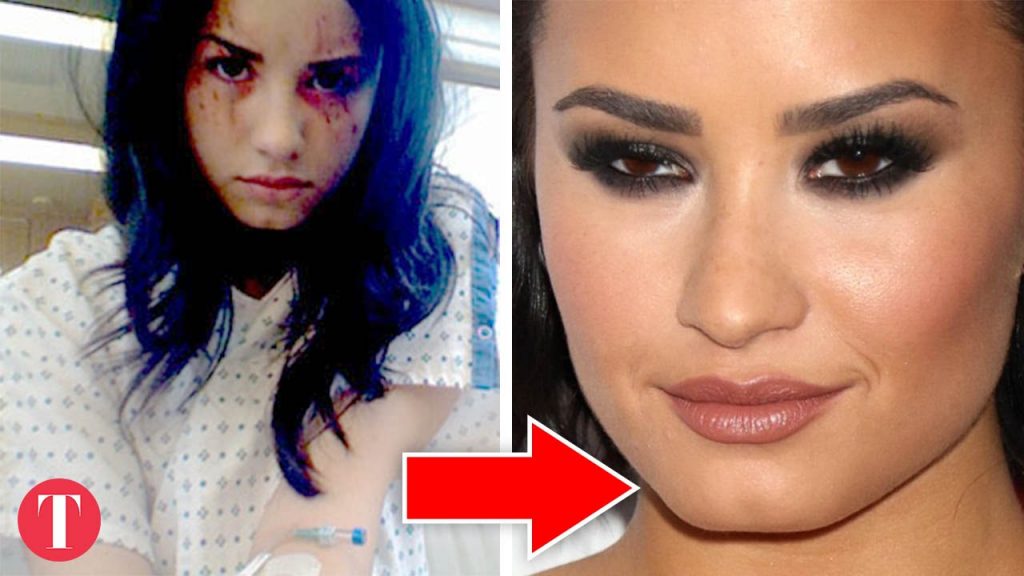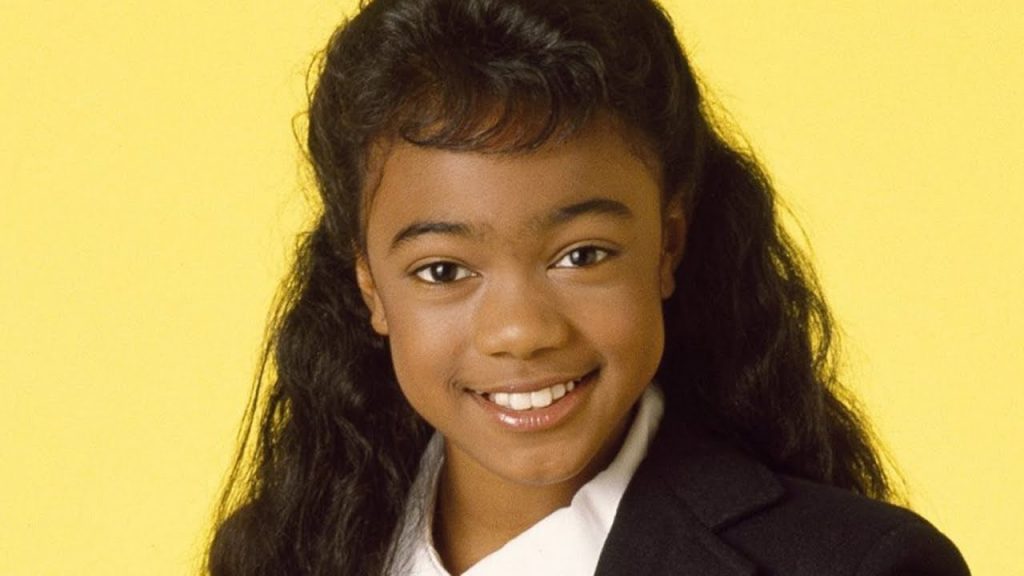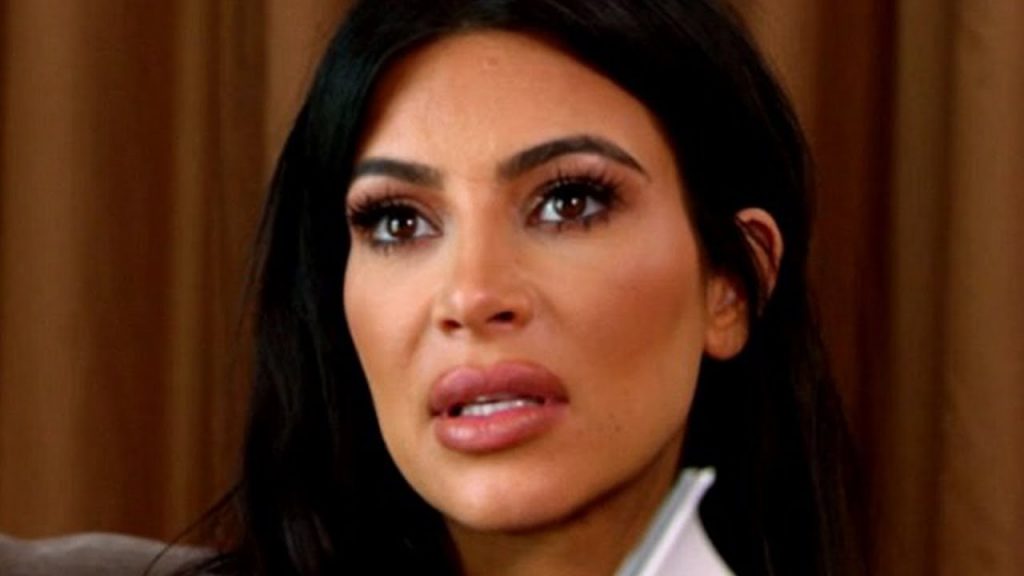Reporters Who Ruined Their Careers On Social Media

Social media has become a powerful tool for communication, connecting people from all around the world and allowing individuals to express their opinions and share their thoughts.
However, with great power comes great responsibility, and unfortunately, many reporters have faced the consequences of their actions on social media.
The rise of social media has blurred the lines between personal and professional lives, and for reporters, this can be especially dangerous. While social media offers a platform to connect with the audience and share news updates, it also has the potential to ruin a reporter’s career if not used responsibly.
One such example is the case of ABC News correspondent, David Wright. Wright, who had been with the network for over two decades, was suspended and eventually let go after a conservative activist group released footage of him expressing his personal political opinions while on a hidden camera. The incident sparked a heated debate on whether reporters should be expressing their own political beliefs on social media platforms.
However, it’s not just political beliefs that have caused reporters to ruin their careers on social media. In 2015, a CNN editor, Marie-Louise Gumuchian, resigned after a series of plagiarism was brought to light on her Twitter account. Though she claimed to have shared the tweets by mistake, the damage had already been done.
In today’s digital age, every mistake made on social media is amplified and scrutinized by the public. In some cases, these mistakes can be career-ending, such as when a reporter from The Gulf News in Dubai tweeted a racially-insensitive comment about the newly-crowned Miss World pageant winner in 2015. He was fired from his job and faced intense backlash from the public.
Moreover, the pressure to deliver breaking news and be the first to report can sometimes lead to reporters making errors in their reporting. This can be especially damaging on social media, where information spreads at lightning speed. In 2017, an ABC News reporter falsely tweeted that former National Security Advisor, Michael Flynn, had agreed to testify against President Trump in the Russia investigation. This sparked a frenzy on social media, with other news outlets quickly picking up the story. However, it was later revealed to be false, damaging the reporter’s credibility and integrity.
In today’s 24/7 news cycle, there is immense competition among reporters to break news and gain the attention of their audience. This pressure can sometimes lead to reporters neglecting fact-checking and proper verification processes, resulting in inaccurate reporting and a loss of trust from the audience. Social media can also be a breeding ground for false information and rumors, which further complicates the job of a reporter to deliver accurate news.
While social media can offer many benefits to reporters, it is essential to remember the importance of responsible usage. Reporters must maintain a professional image on their social media accounts and avoid any controversial or politically-charged posts. It’s crucial to remember that as a journalist, one’s personal opinions should not influence their reporting and have the potential to put their career at risk.
In conclusion, the rise of social media has brought both opportunities and challenges for reporters. The blurring of lines between personal and professional lives, along with the intense pressure to deliver news, has resulted in many reporters ruining their careers on social media. It’s crucial for reporters to understand the power of social media and use it responsibly to maintain their credibility and professionalism. After all, a reporter’s job is to deliver the truth, and any mistakes made on social media can damage their ability to do just that.









Why Angelina Jolie Brought Her Kids To Meet Ex-Husband Jonny Lee Miller
Celebs Who Surprised Us With Their Red Carpet Looks
Expectation vs. Reality: 10 Biggest Pinterest FAILS
The Untold Truth Of Rudy Mancuso
Celebs That Ditched The Limelight For Low-Key Jobs